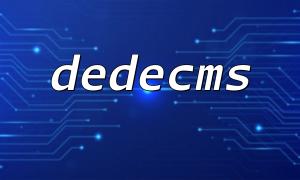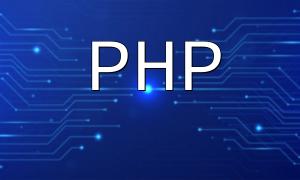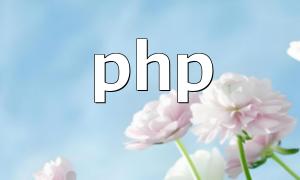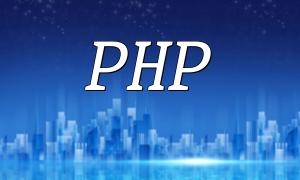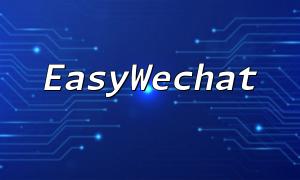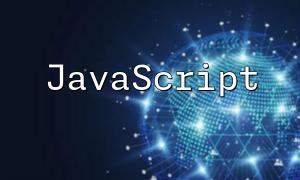In today’s fast-paced digital landscape, enterprises demand high-performance, scalable, and maintainable systems. PHP, as a mature server-side language, remains a top choice for developing enterprise-grade applications due to its rich ecosystem and powerful frameworks.
The success of any project often starts with selecting the right framework. Each PHP framework suits different business needs and development scales.
Laravel is currently one of the most popular PHP frameworks, known for its elegant syntax, active community, and excellent documentation. It's ideal for rapid development and small to medium projects. Symfony, on the other hand, is highly modular and scalable, making it well-suited for large and complex systems. CodeIgniter and Yii are lightweight and easy to learn, making them good options for performance-sensitive or resource-constrained environments.
The Model-View-Controller (MVC) pattern is a standard design approach that improves code organization and maintainability. Here’s a basic example of MVC in action:
// Model
class User {
public function getAllUsers() {
// Fetch user data from database
}
}
// Controller
class UserController {
protected $userModel;
public function __construct() {
$this->userModel = new User();
}
public function index() {
$users = $this->userModel->getAllUsers();
// Pass data to the view
}
}
// View
// users.php
foreach ($users as $user) {
echo $user->name;
}Security is critical in enterprise-level systems. Below are some essential security practices:
Example:
// Input validation example
$username = htmlspecialchars($_POST['username'], ENT_QUOTES, 'UTF-8');Middleware adds layers of logic to requests as they move through your application. It’s commonly used for authentication, logging, or setting CORS headers.
Here’s a basic example of an authentication middleware:
class AuthMiddleware {
public function handle($request, Closure $next) {
if (!isset($_SESSION['user'])) {
// User not authenticated, redirect to login page
header('Location: /login');
exit;
}
return $next($request);
}
}Ensuring code quality and reliability is crucial in enterprise applications. Unit and integration tests allow developers to catch issues early.
PHPUnit is a widely-used testing framework in the PHP ecosystem. Integrating it with continuous integration tools ensures your application remains stable after every change.
Enterprise applications often deal with large volumes of data, so selecting the right storage strategy is key. Relational databases like MySQL or PostgreSQL and NoSQL options like MongoDB each have their advantages, depending on your data structure and performance needs.
Object-Relational Mapping (ORM) tools abstract database interactions into object-oriented code. Tools like Eloquent (Laravel) and Doctrine (Symfony) simplify queries and make the codebase easier to manage.
// Laravel Eloquent example
$user = User::find(1);
echo $user->name;Building enterprise-level PHP applications requires more than just technical know-how. Developers must follow best practices in architecture, security, testing, and data management. By selecting the right framework, enforcing good design principles, and integrating testing and security protocols, teams can deliver reliable, scalable systems that support long-term business success.
